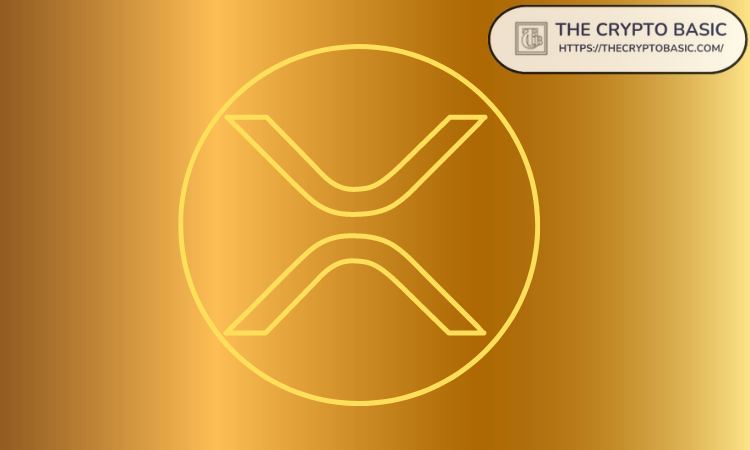A prominent crypto media personality, Zach Rector, recently argued that XRP, like gold, is a commodity and a currency, citing the Ripple CTO’s words.
Taking to X, Rector quoted a post from Davis Schwartz, the CTO of Ripple, in which he debunked claims that XRP is a security. According to Rector, XRP is both a commodity and a currency, as opposed to the security label it received from the U.S. SEC.
XRP is a commodity and a currency. Like Gold. https://t.co/RVK05r3GpC
— Zach Rector (@ZachRector7) March 7, 2024
Rector’s claim is built on previous comments from the Ripple CTO. Last January, Schwartz presented an argument to clarify why he believes XRP is more of a commodity than a security. He characterized XRP as a “raw good,” much like commodities.
Notably, commodities like gold or oil are uniform and interchangeable, as each unit is treated as equivalent to every other unit. XRP fits this mold. It actively trades in the cryptocurrency market, much like commodities trade in traditional markets.
How XRP Qualifies as a Commodity
Schwartz emphasized that XRP’s value is not tied to external legal obligations. Unlike securities, where value can be influenced by company performance or contractual promises, XRP stands independently. Ripple has no contractual obligation to XRP holders.
XRP is a raw good that trades in commerce and one XRP is treated as equivalent to every other XRP. That's pretty much the definition of a "commodity". No part of XRP's value comes from anyone else's legal obligations to XRP holders.
— David "JoelKatz" Schwartz (@JoelKatz) January 20, 2023
When an investor holds XRP, he is not expecting dividends, voting rights, or an obligation from Ripple to increase XRP’s price. Instead, XRP’s value hinges on market forces like supply, demand, and investor sentiment. This uniformity and lack of reliance on external commitments are typical of a commodity.
In contrast, securities are investment contracts or financial instruments. They come in various forms, such as stocks or bonds. When an investor invests in a security, he has legal rights and obligations. For instance, owning shares in a company entitles the investor to dividends or voting power.
David Schwartz’s comments were in response to concerns raised by an XRP community member. The individual stressed that if the judge in the Ripple vs. SEC case rules that XRP is not a security, she ought to explain how the asset is a commodity. This prompted Schwartz’s clarification.
Regulatory Uncertainty in the US
Amid the regulatory uncertainty surrounding the crypto industry in the United States, arguments regarding the status of certain crypto assets have emerged. XRP had been at the center of these discussions for the better part of over three years due to the SEC lawsuit.
However, a ruling from Judge Analisa Torres last July confirmed that XRP is not a security in and of itself. This was one of Ripple’s arguments in the SEC case, which Schwartz emphasized in his remarks last January. The case is now in the remedies phase, with divided opinions on a possible settlement.
DisClamier: This content is informational and should not be considered financial advice. The views expressed in this article may include the author's personal opinions and do not reflect The Crypto Basic opinion. Readers are encouraged to do thorough research before making any investment decisions. The Crypto Basic is not responsible for any financial losses.



